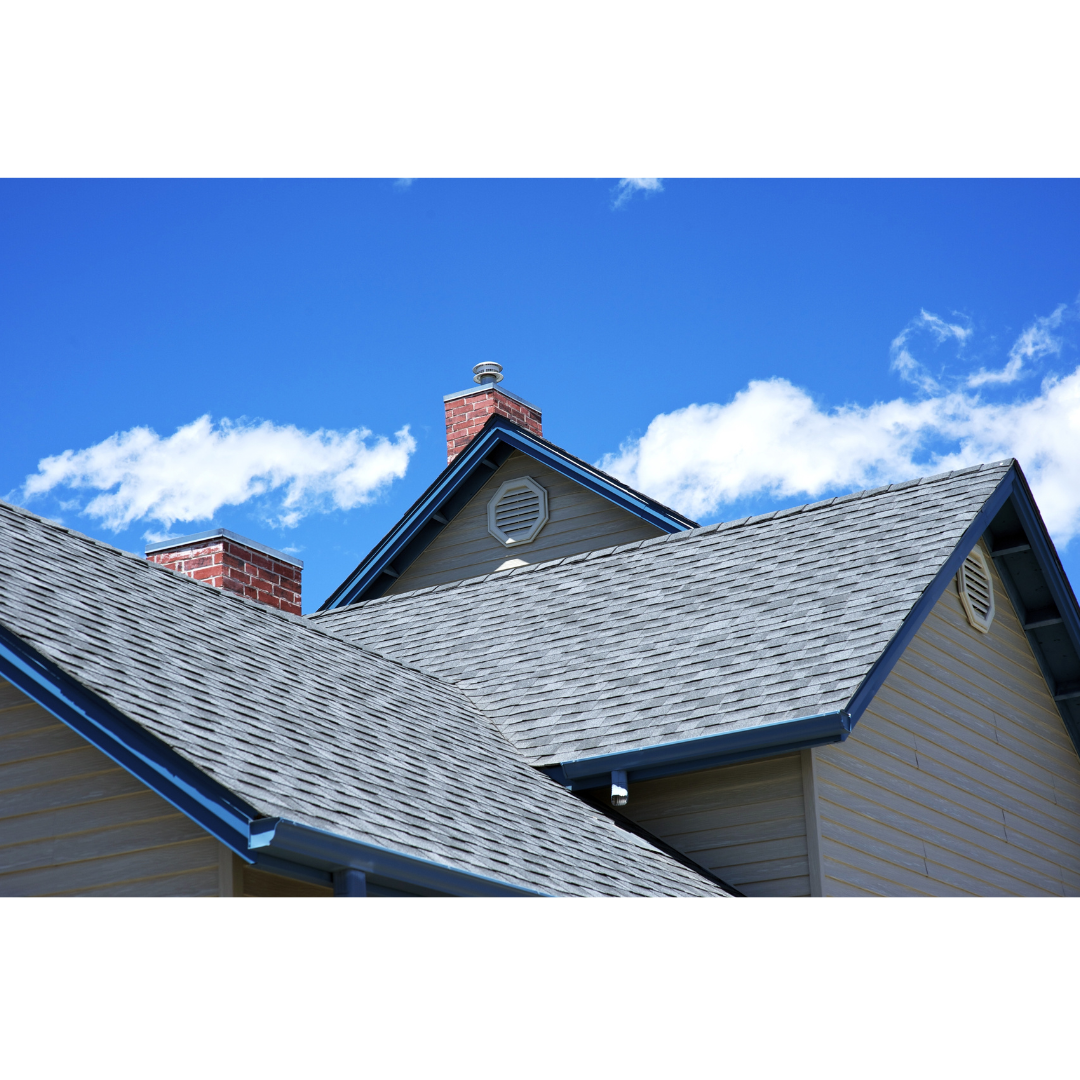When investing in a new roof, homeowners naturally want to know how long they can expect their investment to last. The lifespan of a new roof is influenced by various factors, including the materials used, the quality of installation, the climate, and ongoing maintenance. Understanding these elements can help you make informed decisions to ensure your roof serves you well for many years.
Average Lifespan of Different Roofing Materials
Different roofing materials offer varying levels of durability and longevity. Here’s a comparison of the typical lifespans for common roofing materials:
- Asphalt Shingles: One of the most popular roofing materials, asphalt shingles generally last between 15 to 30 years. Their longevity can be affected by the quality of the shingles and the installation process.
- Metal Roofing: Known for its durability, metal roofing can last between 40 to 70 years. High-quality metal roofs with proper installation can even exceed this range, especially in favorable climates.
- Tile Roofing: Tile roofs, including clay and concrete tiles, are incredibly durable, often lasting 50 to 100 years. They are particularly resistant to harsh weather conditions but require a strong structure to support their weight.
- Slate Roofing: Slate is one of the most long-lasting roofing materials, with a lifespan that can exceed 100 years. Its natural stone composition makes it extremely durable, but it also demands expert installation and regular maintenance.
The durability of these materials can be influenced by factors such as the quality of the materials themselves, the expertise of the installers, and the local climate.
Factors Influencing Roof Longevity
Several key factors play a significant role in determining how long your roof will last:
Quality of Materials
The importance of using high-quality roofing materials cannot be overstated. Superior materials are designed to withstand the elements better and provide longer-lasting protection for your home. Investing in high-quality materials upfront can save you money in the long run by reducing the need for frequent repairs or premature replacement.
Installation Craftsmanship
Proper installation is crucial to the performance and longevity of your roof. Even the best materials can fail if not installed correctly. Professional roofing contractors bring the necessary skills and experience to ensure your roof is installed to industry standards, enhancing its durability and lifespan.
Climate and Weather Conditions
The local climate significantly impacts roof longevity. Extreme temperatures, high humidity, strong winds, and heavy precipitation can all take a toll on your roof. For instance, roofs in hot climates may degrade faster due to intense sun exposure, while those in areas with heavy snowfall need to be sturdy enough to handle the additional weight.
Maintenance and Upkeep
Regular maintenance is essential for extending the life of your roof. This includes periodic inspections, timely repairs, and preventive measures to address potential issues before they become serious problems. Neglecting maintenance can lead to minor issues escalating into major damage, reducing the lifespan of your roof.
Signs That a Roof Needs Replacement
It’s crucial to recognize the warning signs of a deteriorating roof to prevent further damage to your home. Some common indicators include:
- Missing or Damaged Shingles: If you notice shingles that are cracked, curled, or missing, it might be time for a roof replacement.
- Leaks: Water leaks inside your home are a clear sign that your roof’s integrity is compromised.
- Sagging: A sagging roof indicates structural issues that need immediate attention.
- Mold Growth: Mold or mildew on your roof can signify moisture problems that could lead to serious damage.
Addressing these issues promptly is crucial to maintaining the structural integrity of your home and avoiding more extensive repairs.
Warranty Coverage and Guarantees
Understanding the warranties and guarantees offered by manufacturers and contractors is essential. Manufacturer warranties typically cover defects in the roofing materials, while contractor guarantees cover the installation work. It’s important to read the terms and conditions carefully to know what’s included and what’s excluded. This knowledge can provide peace of mind and protect your investment.
Longevity Expectations for Different Roof Types
Here are some general guidelines for the expected lifespan of various roofing materials based on industry standards and manufacturer recommendations:
- Asphalt Shingles: 15 to 30 years
- Metal Roofing: 40 to 70 years
- Tile Roofing: 50 to 100 years
- Slate Roofing: 75 to 100+ years
Keep in mind that these are general estimates and actual lifespans can vary based on specific circumstances and maintenance practices.
Conclusion
The lifespan of a new roof depends on a variety of factors, including the quality of materials, installation techniques, climate, and ongoing maintenance. By investing in high-quality materials, ensuring professional installation, and committing to regular maintenance, you can maximize the longevity of your roof. For personalized recommendations and guidance on extending the lifespan of your roof, consult with the roofing professionals at Horizon Roofing and Construction. Our experts are here to help you make informed decisions and protect your investment for years to come.
Ready to ensure the longevity of your new roof? Contact Horizon Roofing and Construction today for a consultation and discover how we can help you achieve a durable and long-lasting roof for your home.

